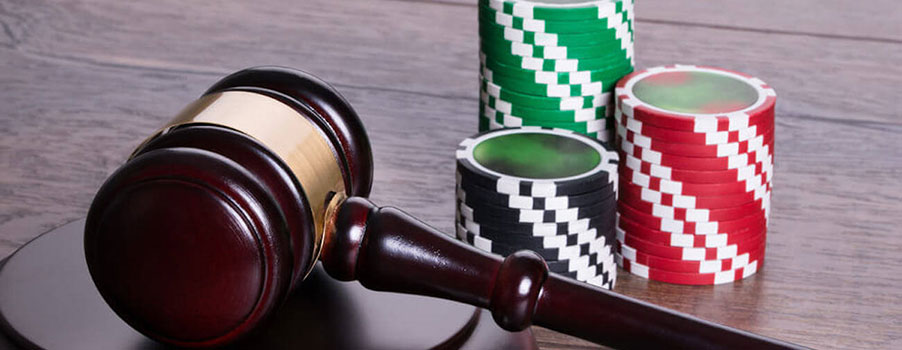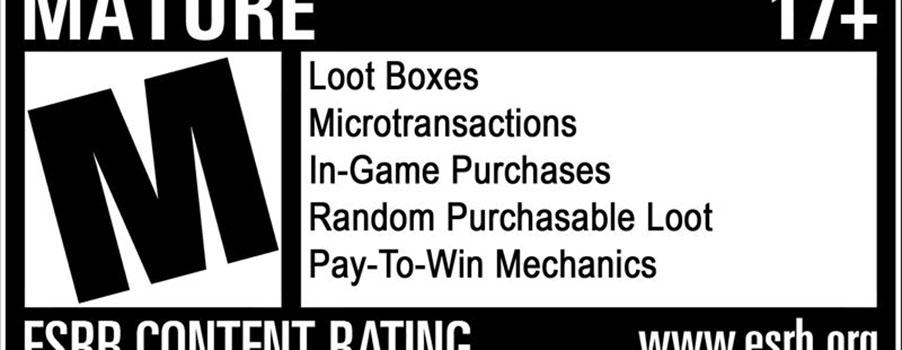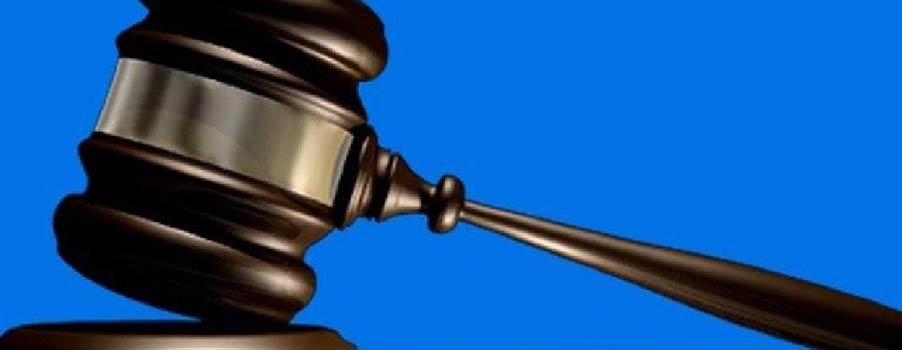The Ministry of Finance in Austria is in the process of scrutinizing the Gambling Act in the country in a bid to introduce some new amendments that will certainly have a huge impact on the country’s local online gambling market. To be more specific, the revised Gambling Act would potentially ban all the foreign gambling operators and even go as far as requesting that the operators to refund the players for all the losses they have accrued at the said casinos for the past 30 or so years.
This Ban Is Not the Solution
Perhaps one of the most notable aspects of the revised Gambling Act is the proposition that the all the Internet Service Providers (ISPs) in the country should ban the IP addresses belonging to all the gambling operators that are currently operating different online gambling business to Austrian gamblers. Just like in Germany, all of these online gambling sites are not sanctioned by the state and it is, therefore, safe to say that they are operating in a grey area. As such, all those that have stopped or are planning to stop marketing their services and products in Austria are to be blocked.
This does not sit well with quite a number of people. Without reading too much into the situation, it is quite clear that the ban will effectively create a monopoly which will favour Casino Austria, which, as it turns out, is the only site that is licensed in Austria – Casino Austria is also partially owned by the Austrian government. Experts and avid followers of the casino industry believe that the move to ban other reputable operators will have negative effects on the industry and ultimately drive the gamblers to unregulated and unlicensed sites.
Even though it is rather obvious that the IP ban will go against the spirit of freedom for service provision in the European Union, the Austrian ministry of finance is hell-bent on seeing it through. This resulted in an idea that the ministry hoped would keep unlicensed foreign operators away and prevent them from trying to find a workaround to bypass the ban.
To be more precise, the ministry proposed that all contracts between players from Austria and unlicensed operators over the past three decades should be considered to be null and void. The operators would, therefore, have to return all player loses since the period stipulated by the proposed plan. Still, the legality and enforceability of this law are still highly questionable, the Austrian Ministry of Finance hopes that the threat alone will serve to keep foreign and unlicensed operators at bay.
There are a number of companies that are already getting ready to fight for their rights using all the legal resources they have. All of these operators have no issue paying their dues but they are not willing to allow the country’s authority take advantage of their power in order to create a monopoly something that even the European Union itself will not accept as well.










